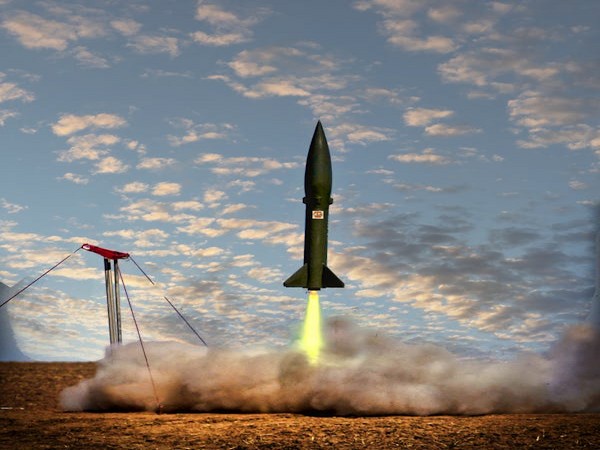Israeli airstrikes rock Beirut, target Hezbollah command
Sep 28, 2024
Jerusalem [Israel], September 28: The Israeli military said it had targeted Hezbollah's central headquarters in Beirut's southern suburbs on Friday in an attack that shook the Lebanese capital and sent thick clouds of smoke over the city.
The news outlet Axios cited an Israeli source as saying Hezbollah leader Sayyed Hassan Nasrallah was the target of the strike and that the Israeli military was checking if he was hit.
A source close to Hezbollah told Reuters that Nasrallah is alive, while Iran's Tasnim news agency also reported he was safe. A senior Iranian security official told Reuters that Tehran was checking his status.
Iran-backed Hezbollah's al-Manar television reported that four buildings were destroyed and there were many casualties in the multiple strikes, which marked a major escalation of Israel's conflict with the heavily armed Hezbollah.
Al-Manar's live feed showed search and rescue teams scrambling over concrete and protruding metal, with a correspondent for the TV station saying the attack had left several large craters and damaged many surrounding buildings.
The Israeli military said it had carried out a "precise strike" on Hezbollah's headquarters which it said were "embedded under residential buildings in the heart of the Dahiyeh in Beirut".
Israel has struck the Hezbollah-controlled southern suburbs of Beirut, known as Dahiyeh, four times over the last week, killing at least three senior Hezbollah military commanders.
But Friday's attack was far more powerful, with multiple blasts shaking windows across the city, recalling Israeli airstrikes during the war it fought with Hezbollah in 2006.
In a televised statement, Israeli military spokesperson Daniel Hagari said the central command centre was embedded deep within civilian areas.
The strikes hit Beirut shortly after Israeli Prime Minister Benjamin Netanyahu vowed to continue Israel's attacks on Iranian-backed fighters in Lebanon in a closely watched United Nations speech, as hopes faded for a ceasefire that could head off an all-out regional war.
Lebanese Prime Minister Najib Mikati said the attack showed Israel did not care about global calls for a Lebanon ceasefire.
Source: Fijian Broadcasting Corporation








